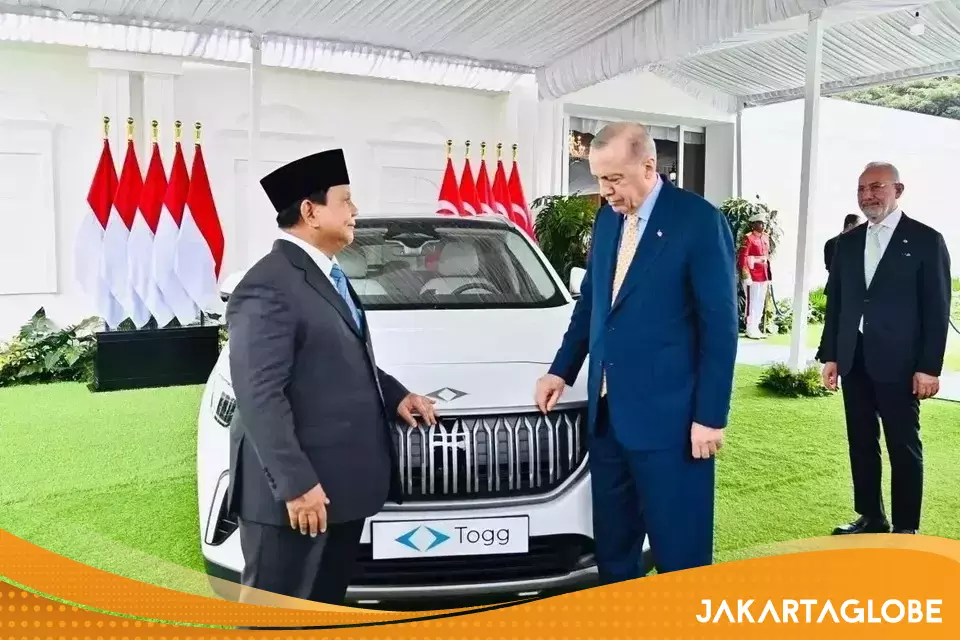Manipur Under President’s rule Amidst Ethnic Violence
Table of Contents
- 1. Manipur Under President’s rule Amidst Ethnic Violence
- 2. Biren Singh’s Resignation
- 3. Political Fallout and Search for a Successor
- 4. Looking Ahead
- 5. What role can international organizations play in supporting peacebuilding initiatives in Manipur?
- 6. Manipur Under President’s Rule: An Analysis with Dr. Anita Sharma
- 7. Dr. sharma Explains the Significance of President’s Rule
- 8. analyzing Biren Singh’s Recent Resignation
- 9. Exploring the Path Forward for Manipur
President Droupadi Murmu has imposed President’s rule in Manipur, four days after Chief Minister N. Biren Singh resigned. This decision follows nearly 21 months of escalating ethnic violence in the state, resulting in the deaths of over 250 people and displacing thousands.
A notification issued by the Ministry of Home Affairs stated that President Murmu believes “a situation has arisen in which the government of that state cannot be carried on in accordance with the provisions of the Constitution.” The notification further proclaimed that the President assumes all functions of the Manipur government and the powers vested in the Governor.
Biren Singh’s Resignation
Biren Singh submitted his resignation to Manipur Governor Ajay Kumar Bhalla on February 9th, the day before the state assembly was scheduled to convene for the budget session, which was subsequently canceled. In his resignation letter, Singh expressed gratitude for the opportunity to serve the people of Manipur and acknowledged the central government’s timely actions and interventions.
Singh’s resignation followed the Supreme Court’s directive for a report from a central forensics lab on leaked audio tapes.These tapes allegedly feature Singh’s voice, with him purportedly stating that the ethnic violence was instigated at his behest.
Political Fallout and Search for a Successor
Following Singh’s resignation, BJP lawmakers in Manipur have been engaged in efforts to find a replacement. Despite several meetings with party leaders, a consensus on the next chief Minister remains elusive.
The violence, which erupted between the Meitei and Kuki communities but has since engulfed the entire state, has resulted in approximately 250 fatalities. The Opposition and the Kuki community hold Biren Singh accountable for the escalation of violence.
Opposition parties have also accused the BJP of removing Singh from his position “belatedly” as a measure to prevent the government’s collapse and to avoid potential repercussions from the Supreme Court.
Looking Ahead
The imposition of President’s rule in manipur underscores the severity of the situation and the urgent need for a peaceful resolution. It remains to be seen how the political landscape will unfold in the coming weeks and months, and what steps will be taken to address the root causes of the violence and restore normalcy to the state.
What role can international organizations play in supporting peacebuilding initiatives in Manipur?
Manipur Under President’s Rule: An Analysis with Dr. Anita Sharma
The imposition of President’s rule in Manipur follows months of escalating ethnic violence, leaving the state reeling in the aftermath. Joining us today to analyze the current situation and its implications is dr. Anita sharma, a prominent political analyst specializing in North-East India. Dr.Sharma,thank you for taking the time to speak with us.
Dr. sharma Explains the Significance of President’s Rule
Archyde: Dr. Sharma, President’s rule in Manipur is a significant development. Can you shed light on its implications for the state’s political landscape and the ongoing ethnic conflict?
Dr. Sharma: President’s rule reflects the gravity of the situation in Manipur. It signifies that the central government believes the existing state administration is unable to effectively handle the violence and restore order. This transition grants the central government direct control over the state’s administration, though it raises concerns about the effectiveness of such a top-down approach in addressing the complex social and political roots of the conflict.
analyzing Biren Singh’s Recent Resignation
Archyde: Chief Minister Biren Singh’s resignation, fueled by allegations surrounding leaked audio tapes, further complicates the situation. What impact do you foresee this resignation having on the political dynamics within the state?
Dr. Sharma: Singh’s resignation has undeniably shaken the political landscape. While it might be seen as a move by the BJP to distance itself from the escalating violence, it also leaves a power vacuum. The BJP’s struggle to find a consensus on a successor highlights the internal divisions and challenges they face in navigating this crisis.
Exploring the Path Forward for Manipur
Archyde: Looking ahead, what steps do you believe are crucial for restoring peace and stability in Manipur?
Dr. Sharma: Addressing the root causes of the conflict is paramount. This requires genuine dialog and reconciliation efforts that involve all stakeholders, particularly the Meitei and Kuki communities. The government must also focus on developmental initiatives that ensure equitable opportunities and address the economic disparities that contribute to social tensions. Additionally, a thorough review of the state’s security apparatus is necessary to prevent further violence and build trust.
archyde: Dr. Sharma, your insights are invaluable.Thank you for shedding light on this complex situation. What are your thoughts on the role international organizations can play in supporting peacebuilding initiatives in Manipur?




